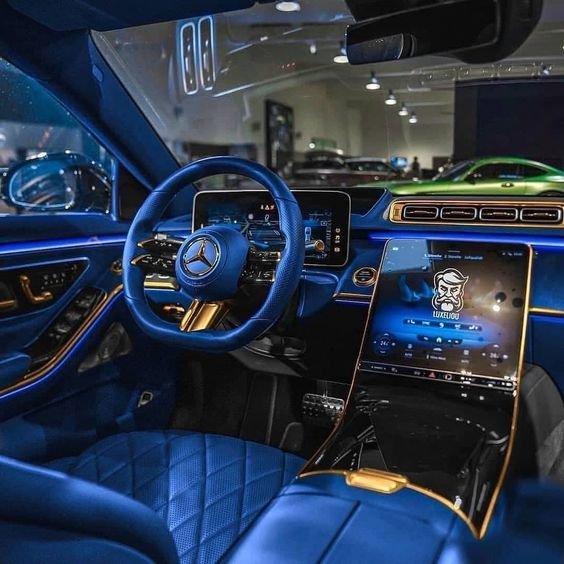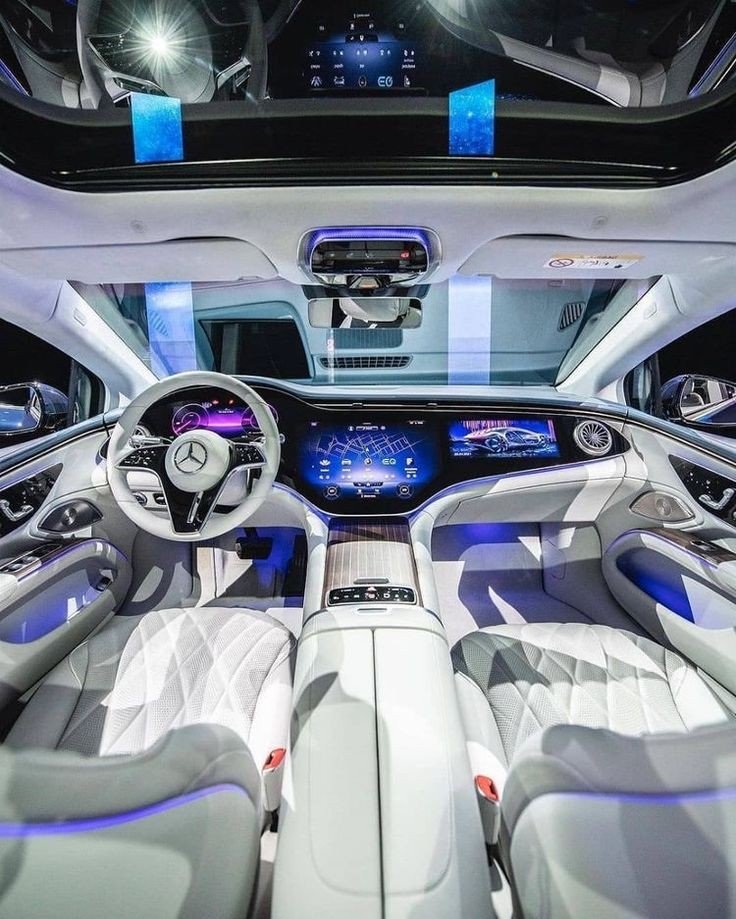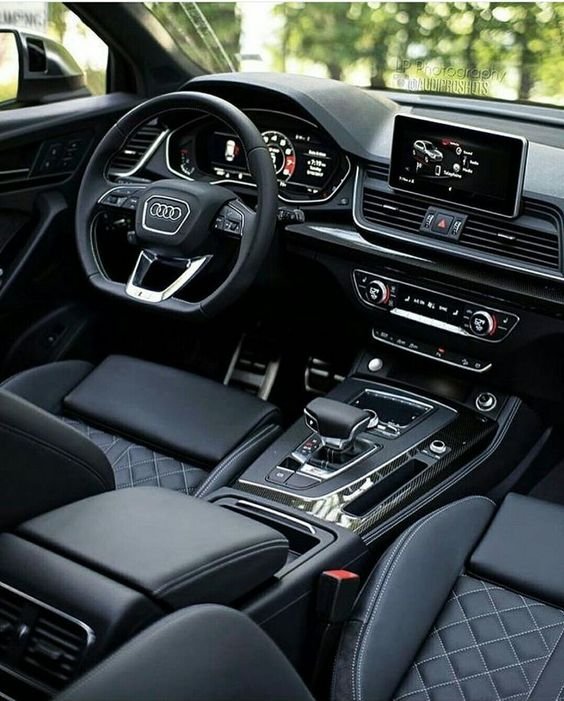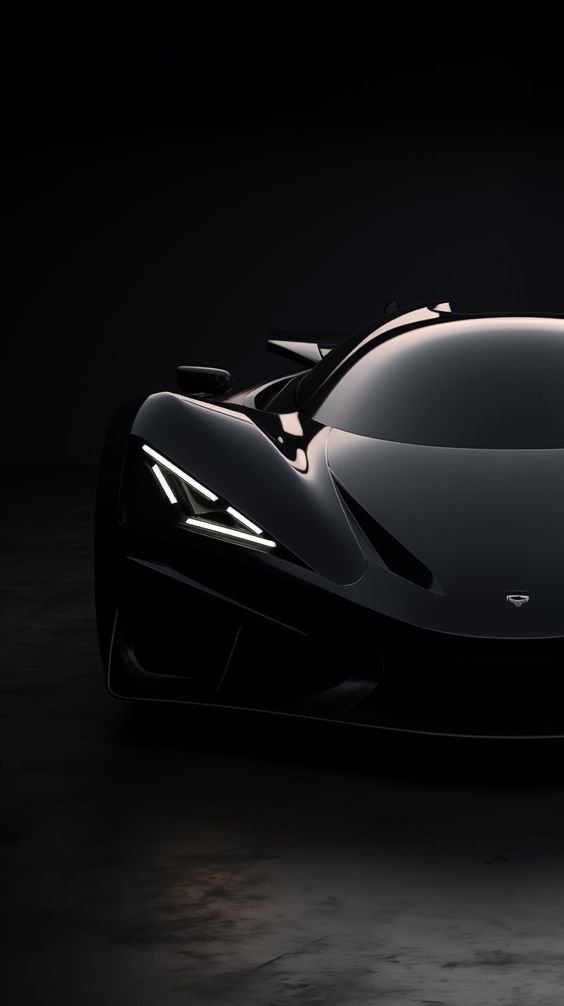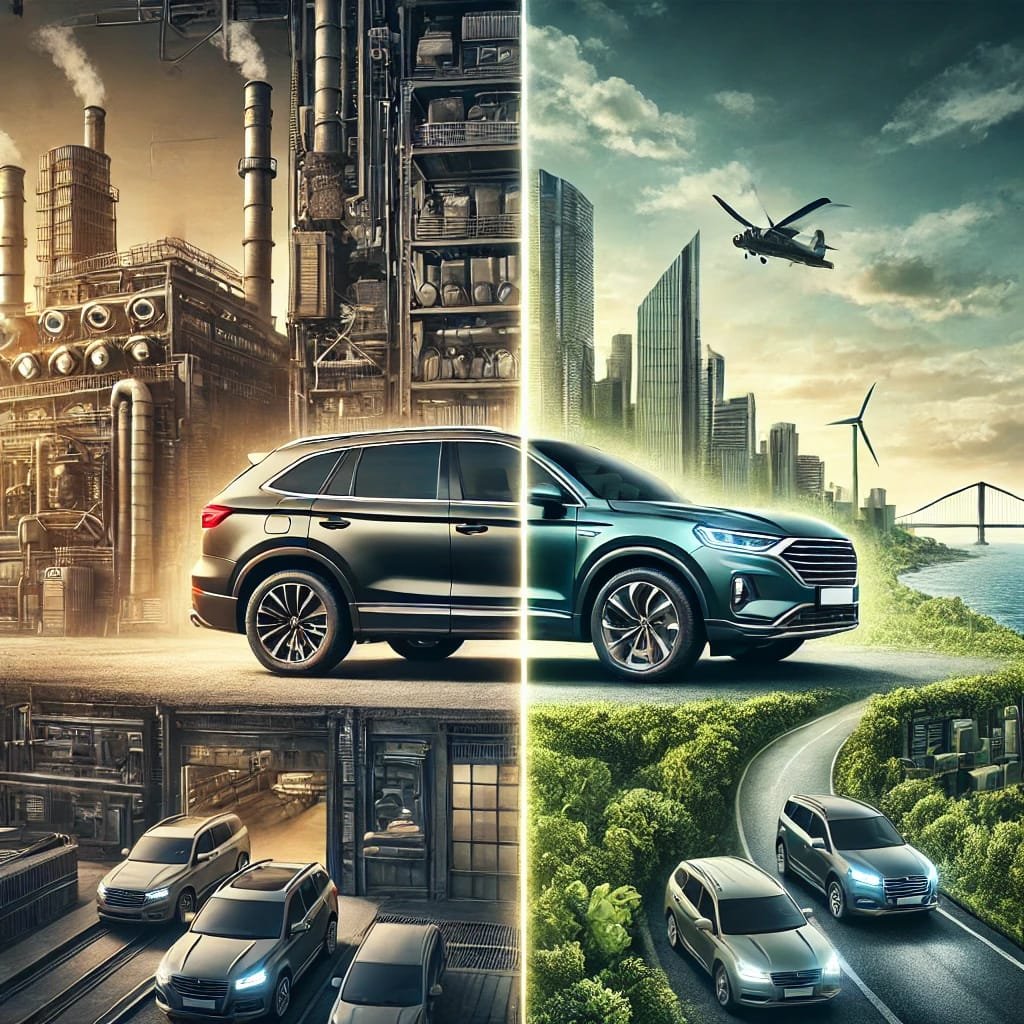
Maruti Suzuki India Limited (MSIL) is the leading automobile manufacturer in India, renowned for its broad range of affordable and reliable vehicles. With a significant market share, the company has become synonymous with car ownership for millions of Indians. This article delves into the history, growth, product lineup, market strategies, technological advancements, and future prospects of Maruti Suzuki India.
1. History and Growth
Early Beginnings
Maruti Suzuki India was established in 1981 as a joint venture between the Government of India and Suzuki Motor Corporation of Japan. The collaboration aimed to produce fuel-efficient and affordable cars for the Indian market. The first car, the Maruti 800, was launched in 1983 and quickly became a household name due to its affordability, reliability, and fuel efficiency.
Expansion and Dominance
Throughout the 1980s and 1990s, Maruti Suzuki expanded its product lineup and increased its manufacturing capacity. The company introduced various models, including the Maruti Omni, Gypsy, and Esteem, catering to different segments of the market. By the late 1990s, Maruti Suzuki had established itself as the dominant player in the Indian automobile industry, with a market share exceeding 50%.
2. Product Lineup
Maruti Suzuki offers a diverse range of vehicles, including hatchbacks, sedans, SUVs, and commercial vehicles. The company’s product lineup caters to a wide spectrum of consumers, from budget-conscious buyers to those seeking premium features.
Hatchbacks
Hatchbacks have been the backbone of Maruti Suzuki’s success in India. Key models include:
- Maruti Suzuki Alto: Known for its affordability and compact design, the Alto is one of the best-selling cars in India.
- Maruti Suzuki Swift: A popular choice among young buyers, the Swift combines sporty design with excellent performance.
- Maruti Suzuki WagonR: The WagonR is favored for its spacious interior and practicality.
Sedans
Maruti Suzuki’s sedan lineup offers a blend of style, comfort, and performance:
- Maruti Suzuki Dzire: Based on the Swift platform, the Dzire is a compact sedan that offers a premium feel and excellent fuel efficiency.
- Maruti Suzuki Ciaz: Positioned as a premium sedan, the Ciaz provides a spacious cabin and a host of features.
SUVs
With the growing demand for SUVs in India, Maruti Suzuki has expanded its presence in this segment:
- Maruti Suzuki Vitara Brezza: A compact SUV that has become a best-seller, known for its robust design and efficient performance.
- Maruti Suzuki S-Cross: A crossover SUV that combines style with practicality.
- Maruti Suzuki Ertiga: A versatile MPV that caters to larger families with its spacious seating arrangement.
Commercial Vehicles
Maruti Suzuki also caters to the commercial vehicle segment with models like:
Maruti Suzuki Super Carry: A light commercial vehicle designed for small businesses and urban transport.
3. Market Strategies
Maruti Suzuki’s success in India can be attributed to its effective market strategies, which include:
Affordability and Accessibility
Maruti Suzuki has consistently focused on producing affordable vehicles that cater to the masses. The company’s extensive dealership network and easy financing options have made car ownership accessible to a broad demographic.
Customer-Centric Approach
Maruti Suzuki places a strong emphasis on customer satisfaction. The company offers comprehensive after-sales services, including maintenance packages, extended warranties, and roadside assistance. This approach has helped build a loyal customer base.
Innovation and Technology
Innovation is a key aspect of Maruti Suzuki’s strategy. The company invests heavily in research and development to introduce new technologies and features that enhance the driving experience. From advanced safety features to cutting-edge infotainment systems, Maruti Suzuki continuously strives to stay ahead of the competition.
Marketing and Branding
Maruti Suzuki’s marketing campaigns are designed to resonate with the Indian audience. The company leverages various media platforms, including television, print, and digital, to promote its products. Iconic advertisements and sponsorship of major events have helped strengthen the brand’s presence in the market.
4. Technological Advancements
Maruti Suzuki has embraced technological advancements to enhance its vehicles’ performance, safety, and connectivity. Key technological innovations include:
Safety Features
Maruti Suzuki prioritizes safety across its product lineup. The company has introduced several safety features, including:
Dual Airbags: Standard across most models.
ABS with EBD: Anti-lock Braking System with Electronic Brakeforce Distribution for improved braking performance.
ESP: Electronic Stability Program to maintain vehicle stability in challenging conditions.
Hybrid and Electric Vehicles
With the growing emphasis on sustainability, Maruti Suzuki has ventured into hybrid and electric vehicle technology:
Smart Hybrid Technology: Available in models like the Ciaz and Ertiga, this technology combines a traditional internal combustion engine with an electric motor to improve fuel efficiency and reduce emissions.
Electric Vehicles: Maruti Suzuki plans to launch electric vehicles in the near future, leveraging Suzuki’s expertise in EV technology.
Connected Car Technology
Maruti Suzuki has introduced connected car technology, offering features like:
Suzuki Connect: A telematics solution that provides real-time vehicle tracking, emergency assistance, and remote vehicle diagnostics.
Smartplay Infotainment System: An advanced infotainment system with touchscreen interface, navigation, and smartphone connectivity.
5. Sustainability Initiatives
Maruti Suzuki is committed to sustainability and reducing its environmental impact. Key initiatives include:
Green Manufacturing
Maruti Suzuki’s manufacturing plants adhere to stringent environmental standards. The company has implemented measures to reduce water and energy consumption, minimize waste, and promote recycling.
Emission Reduction
Maruti Suzuki has taken significant steps to reduce vehicle emissions:
- BS6 Compliance: All new models comply with Bharat Stage 6 (BS6) emission norms, which are among the most stringent in the world.
- CNG Models: The company offers CNG variants of several models, providing a cleaner alternative to traditional petrol and diesel engines.
- Corporate Social Responsibility (CSR)
- Maruti Suzuki actively engages in CSR activities, focusing on education, healthcare, and community development. The company’s initiatives include:
Maruti Suzuki Foundation: Supports various social and environmental projects.
Skill Development: Provides vocational training to enhance employability in local communities.
6. Challenges and Opportunities
Challenges
Despite its success, Maruti Suzuki faces several challenges:
- Intense Competition: The Indian automotive market is highly competitive, with numerous domestic and international players.
- Regulatory Changes: Compliance with evolving regulatory standards, such as emission norms and safety requirements, can be challenging.
- Supply Chain Disruptions: Global supply chain disruptions, including semiconductor shortages, can impact production and sales.
Opportunities
Maruti Suzuki has several opportunities for growth:
- Rural Markets: Expanding its presence in rural markets, where car ownership is growing, can drive sales.
- Export Markets: Increasing exports to international markets can diversify revenue streams.
- Electric Vehicles: Capitalizing on the growing demand for electric vehicles can enhance the company’s sustainability credentials and market share.
7. Future Prospects
Maruti Suzuki’s future prospects look promising, driven by its strong market position, continuous innovation, and commitment to customer satisfaction. Key areas of focus for the future include:
Expansion of Product Lineup
Maruti Suzuki plans to expand its product lineup, introducing new models across different segments, including electric and hybrid vehicles. The company aims to cater to evolving consumer preferences and regulatory requirements.
Technological Advancements
The company will continue to invest in advanced technologies to enhance vehicle performance, safety, and connectivity. This includes the development of autonomous driving features and further integration of connected car technology.
Sustainability Initiatives
Maruti Suzuki will intensify its efforts to reduce its environmental impact through green manufacturing practices, emission reduction measures, and the promotion of alternative fuels. The company’s commitment to sustainability will align with global trends and regulatory requirements.
Global Expansion
Maruti Suzuki aims to strengthen its presence in international markets through increased exports and strategic partnerships. Expanding its global footprint will provide new growth opportunities and enhance brand recognition.
Maruti Suzuki India Limited has been a dominant force in the Indian automotive market for decades, thanks to its focus on affordability, reliability, and customer satisfaction. The company’s diverse product lineup, effective market strategies, and commitment to innovation have ensured its continued success.
As Maruti Suzuki looks to the future, it faces both challenges and opportunities. By expanding its product lineup, embracing technological advancements, and intensifying sustainability initiatives, the company is well-positioned to maintain its leadership in the Indian market and explore new avenues for growth.
The 2024 landscape for Maruti Suzuki appears bright, with the potential for new electric and hybrid models, advanced safety and connectivity features, and a continued focus on delivering value to its customers. With a strong foundation and a forward-looking strategy, Maruti Suzuki is set to drive into the future with confidence and success.
ALSO READ: Mahindra & Mahindra’s Strategy: Look at the XUV700 AX7 Variant

